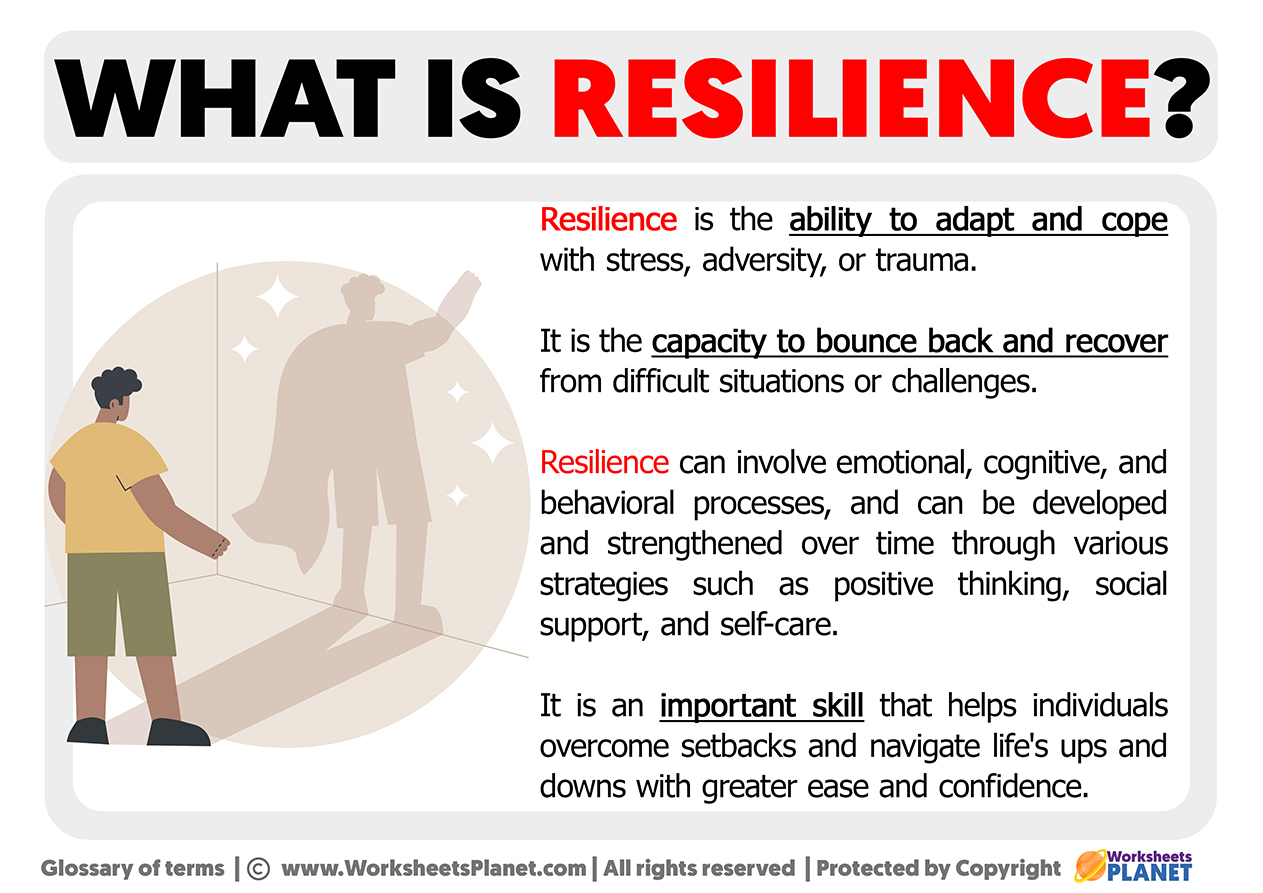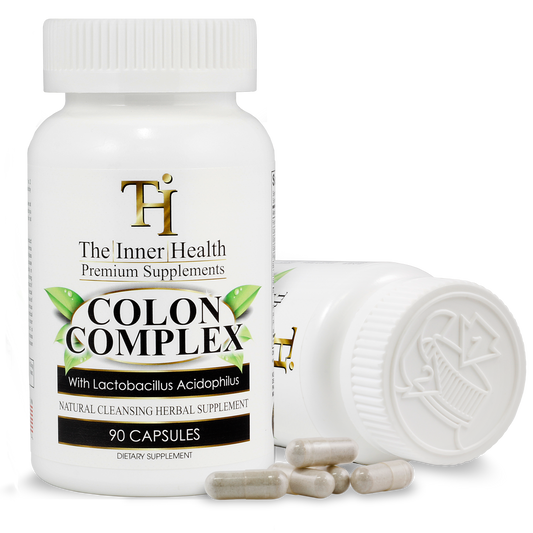
Building Cognitive Resilience: Strategies for Mental Strength
In a fast-paced world filled with challenges, cultivating cognitive resilience is essential for maintaining mental well-being. Discover effective strategies to build and enhance your mental strength.
Understanding Cognitive Resilience
Cognitive resilience refers to the ability to bounce back from adversity, adapt to change, and effectively navigate life’s challenges. It involves cultivating a mindset that fosters mental strength, flexibility, and the capacity to learn and grow from experiences.
Practicing Mindfulness and Awareness
Mindfulness is a powerful tool for building cognitive resilience. By staying present in the moment and cultivating awareness, individuals can better manage stress, regulate emotions, and develop a more balanced perspective on challenges. Mindfulness practices, such as meditation and deep breathing exercises, can be integrated into daily routines.
Positive Self-Talk and Cognitive Restructuring
The way we talk to ourselves influences our perception of challenges. Cultivating positive self-talk involves replacing negative thoughts with constructive and optimistic ones. Cognitive restructuring, a therapeutic technique, helps individuals identify and challenge unhelpful thought patterns, promoting a more resilient mindset.
Cultivating a Growth Mindset
A growth mindset is crucial for cognitive resilience. Embrace challenges as opportunities for learning and growth rather than insurmountable obstacles. By viewing setbacks as a natural part of the learning process, individuals can develop a resilient approach to both successes and failures.
Building Social Connections and Support
Strong social connections contribute significantly to cognitive resilience. Cultivate supportive relationships with friends, family, or a community. Sharing experiences and feelings with others not only provides emotional support but also enhances one’s ability to cope with challenges.
Engaging in Lifelong Learning
Continuous learning fosters cognitive resilience by promoting adaptability and a thirst for knowledge. Stay curious, explore new interests, and challenge yourself intellectually. Lifelong learning enhances cognitive flexibility and equips individuals with a broader perspective on life.
Setting Realistic Goals and Expectations
Setting realistic goals helps manage expectations and reduces the impact of setbacks. Break larger goals into smaller, achievable tasks. Celebrate small victories along the way, fostering a sense of accomplishment and reinforcing a resilient mindset.
Prioritizing Self-Care Practices
Self-care is foundational for cognitive resilience. Take time for activities that bring joy and relaxation, whether it’s reading, spending time in nature, or engaging in hobbies. Balancing work and leisure contributes to mental well-being and builds resilience in the face of stress.
Developing Problem-Solving Skills
Effective problem-solving is a key component of cognitive resilience. Rather than feeling overwhelmed by challenges, break them down into manageable components. Develop problem-solving skills by analyzing situations, considering potential solutions, and taking proactive steps to address issues.
Seeking Professional Support When Needed
Cultivating cognitive resilience doesn’t mean facing challenges alone. If you find yourself struggling, seeking professional support is a proactive step. Mental health professionals can provide guidance, coping strategies, and a safe space to explore thoughts and emotions.
Explore Cognitive Resilience Strategies for a Stronger Mind
To delve deeper into effective strategies for building cognitive resilience, visit Cognitive Resilience Strategies for additional resources and insights. By incorporating these strategies into your life, you can strengthen your mental resilience, enhance your ability to cope with challenges, and foster a positive and resilient mindset.




